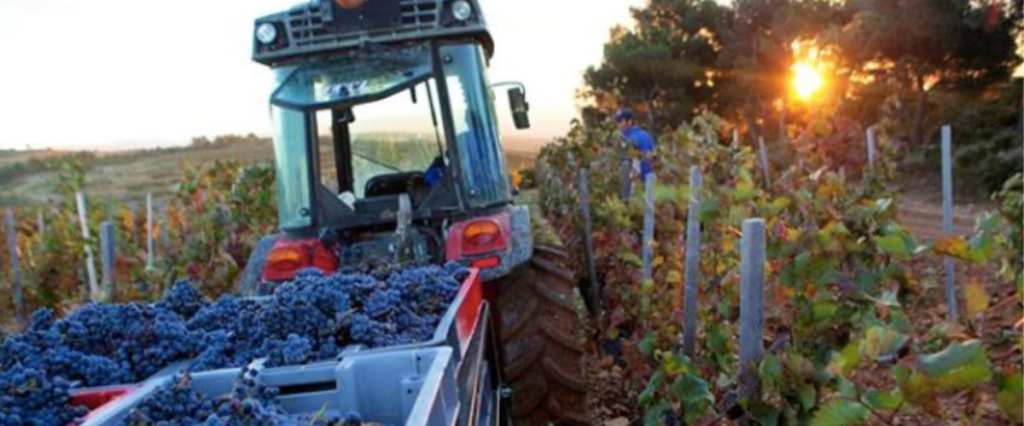Climate scientists often warn that citing events from a single location as evidence of changes (or not) across the entire globe isn’t helpful (or accurate). That said, when data from single locations begin to add small tales to a much larger story, it might be (past) time to take note.
In this case, it’s six and a half centuries worth of grape harvest records that are telling a chilling (but not-so-chilly) tale about how temperatures, weather events, and harvests have rarely varied from a path that all but confirms climate change is happening.
https://www.instagram.com/p/B4b5N9PCaZ4/
And since those records tell a story about late spring through summer that coincide with what the cherry blossoms in Japan are telling us about spring – and what a Scandinavian river is screaming about winter – the “oh it’s just one place” argument gets pretty darn thin.
Back to France, though, where the good people take their Burgundy seriously.
Dr. Thomas Labbe is the academic who spent years digging through centuries of harvest records that date back to 1354. To understand the significance of the findings, you’ll need to be aware that grape harvests take place earlier after hot, dry summers and later after cool, wet ones (a fact he confirmed after comparing harvest dates with temperature records).
https://www.instagram.com/p/B35tp4nJV4z/
“The record is clearly divided into two parts,” he said in a statement. “For more than 600 years average harvest date was September 28 – early ones were the exception. Since 1988 the average date has shifted to September 15, indicating much hotter conditions.”
So, the summers prior to the harvest have been steadily hotter and drier since 1988.
“We did not anticipate that the accelerated warming trend since the mid-1980s would stand out so clearly in the series,” added Professor Christian Pfister, who co-authored the analysis of Labbe’s data. “The transition to a rapid global warming period after 1988 stands out very clearly. The exceptional character of the last 30 years becomes apparent to everybody.”
https://www.instagram.com/p/B3pvFY7gT3_/
At least, it should become apparent to everybody.
There are, of course, longer-term climatic records that range across the globe, offered by tree rings, ice cores, and stalagmites (among other sources), but none of those are as precise as Labbe’s data.
The evidence is stacked up so high it’s practically a mountain, and I think that, for the younger generations at least, more and more people are listening.
If wine can’t get people’s attention, maybe it really is too late.






